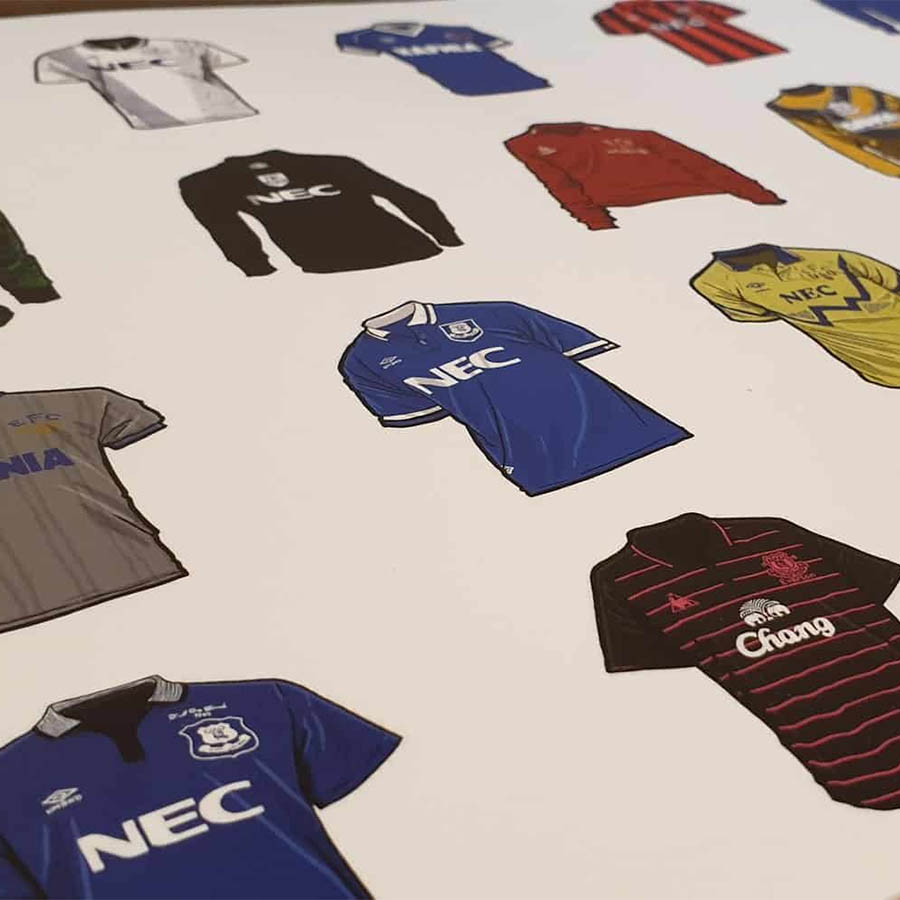I read a study this week that looked at leadership and luck. Long story short, the researchers reckoned that around 70% of the success of a company is down to luck rather than the talents of their leaders, and because leaders don't tend to last long enough for the luck to even itself out, it's difficult to tell how good they actually are.
Given football managers tend to last considerably less time than CEOs, how can we really say whether (for instance) Sherwood is a good manager or an (un)lucky one? Should managers get more time at clubs to really prove their worth?
Given football managers tend to last considerably less time than CEOs, how can we really say whether (for instance) Sherwood is a good manager or an (un)lucky one? Should managers get more time at clubs to really prove their worth?


















